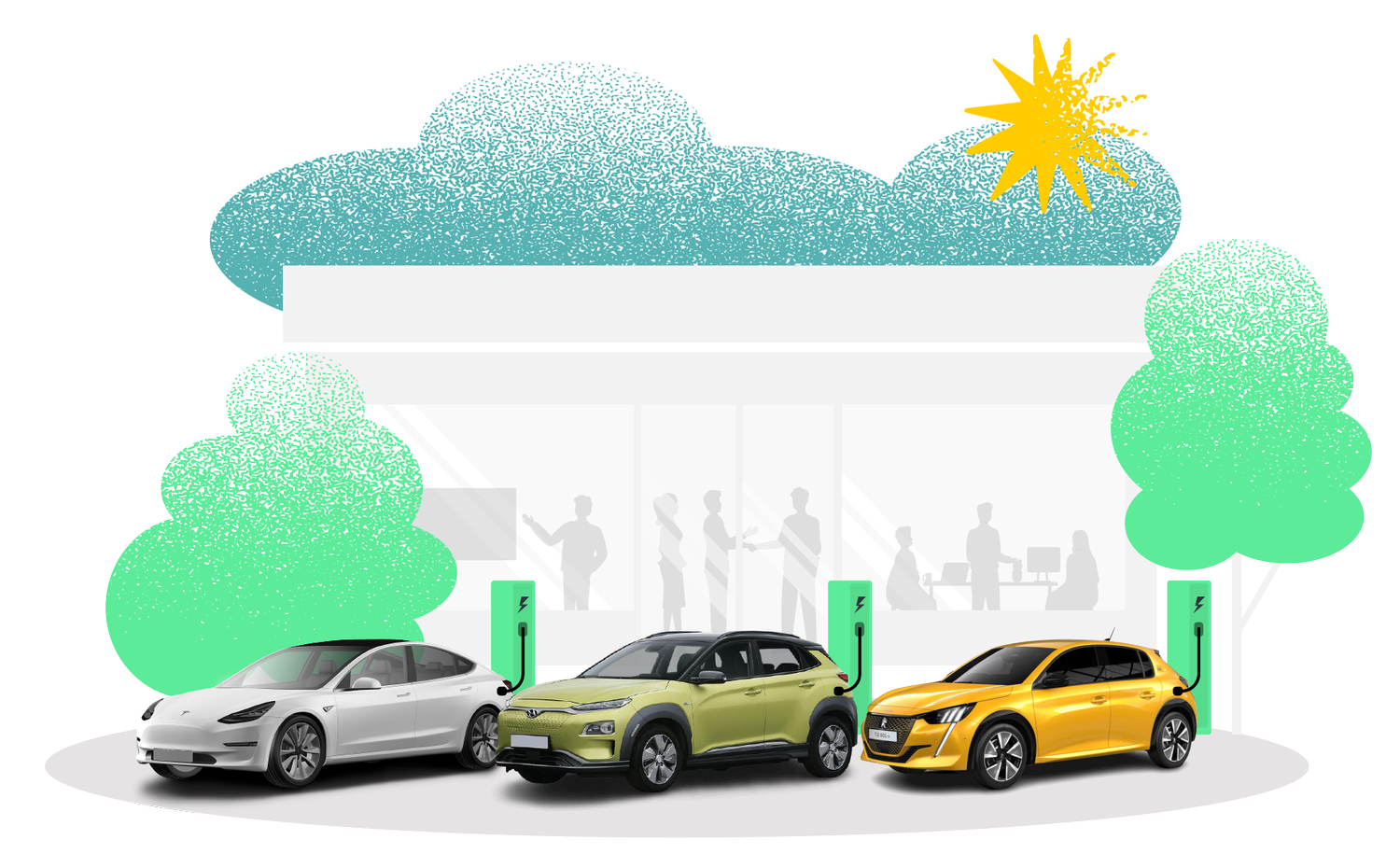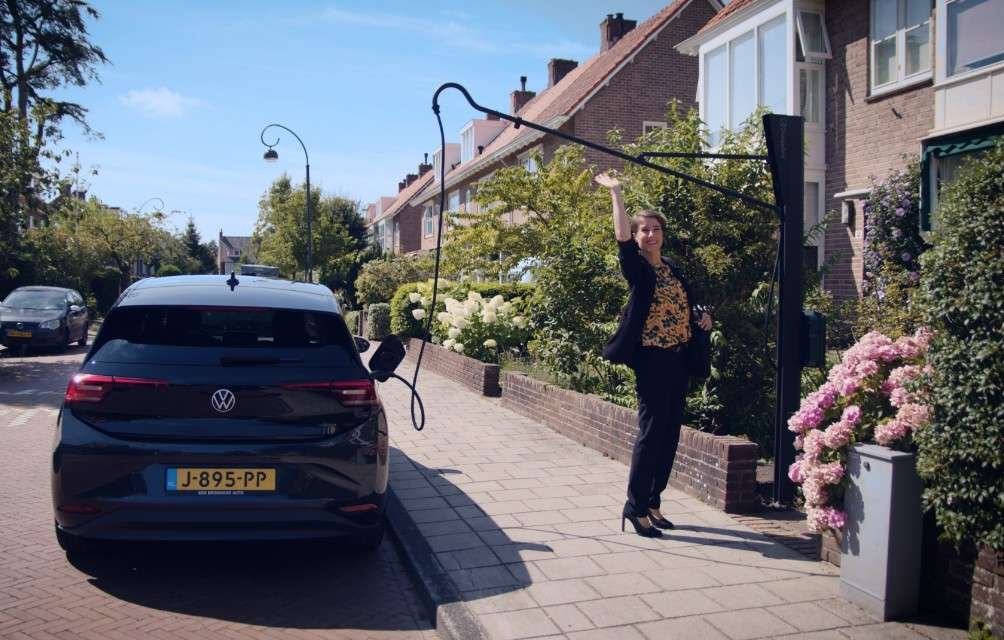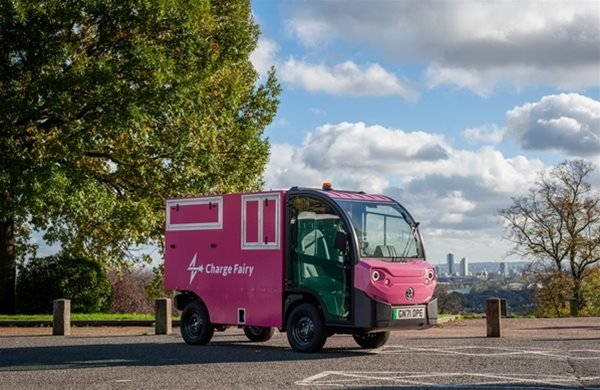Alternative base charging
No driveway? No problem!
While UK public charging is good, it may not match the cost and convenience of home charging. However, alternative options for running an electric car without a home charger do exist, and some may suit your needs perfectly!
What is Alternative Base charging?
Alternative Base Charging, also known as 'ABC options,' is widely available and refers to locations other than your home where you can charge your car. Thousands of people every month, who do not have home chargers, buy electric cars because they know they will be able to find alternative base options to suit them.
Below, we list a few of these, but due to constant innovation in the field, new alternatives are being released into the market regularly.
Charge within your community
We have partnered with Co Charger, an app that looks after the ‘matchmaking’ between people with chargers and those who want to charge their electric cars. It handles communication, booking and payments to make the process quick, simple and hassle-free.
There are over 5,000 hosts from Jersey to Orkney and is the UK’s leading community. Most people in the UK already live within a 10-minute walk of a neighbour ready and willing to rent their charger - Co Charger is here to help!
Charge your electric car at work
For most, a place of work is where your car will sit idle for hours. It is a great way to charge while stopped as opposed to stopping to charge. Installing electric car chargers at workplaces, such as offices, car parks, factories, or warehouses, supports employees' transition to electric cars, especially those without home chargers.
At The Electric Car Scheme, we have partnered with Connected Kerb and EVC to support our clients with office charging solutions.
Power from your pavement
On-street parking enables electric car charging for those lacking home chargers. Various solutions exist to safely deliver home power to your car, such as metal channels, pavement gantries, and tunnelling your home supply to a mounted unit, without risking complaints from the council.
Metal channels in pavements enable cable connectivity from a wall charge point to the curb side. Options like Gul-E, Kerbo Charge, Charge Gully, Green Mole and Pavecross are available.
You can install gantries from your house, such as ChargeArm and ChargeBridge, that extend over the pavement.
Another great solution is tunnelling your home charging through pavement-mounted units, like Trojan.
Home Delivery charging
Mobile charging services like Charge Fairy are expanding their reach. This may seem futuristic but you can have someone bring the charge to your car while you sleep. New entrants such as PLUG Charging are also coming to the market.
You also will be able to stop on your way home to pick up a battery to use to charge your car overnight. Solutions such as ZipCharge provide portable units, while for fleets, options like TUAL offer rental portable batteries for vans to charge at home overnight.
Creative Communities
There are schemes to help you and your neighbours set up your own charging solutions. You can give your local authority to provide your community with charging via the On-Street Residential Charging Scheme or collaborate with non-profits like ChargeMyStreet to create a charging facility for your neighbourhood.
Charging on your street
Many chargers are being installed specifically for use by nearby residents. You may encounter various types of chargers in your area: those integrated into the curb, such as ConnectedKerb; retractable ones emerging from the pavement on demand, like those by Urban Electric; or those incorporated into lamp posts, like Char.gy or ChargeLight.
There are many networks already set up in the market; you can use Zap-Map to locate chargers in your area and see if it's available.
Grazing awareness
Another way of charging is picking up charge on the go, as you run errands. Most places now have electric car chargers so you can charge at all the places your car stops - the supermarket, the gym, the cinema. If you visit places with chargers regularly and for a reasonable amount of time, then it can be a viable option!
Frequently asked questions
-
Understanding the true cost of owning an electric car is crucial before making a purchase, enabling consumers to make informed decisions. Despite the higher upfront costs of EVs, the overall ownership expenses are significantly lower than those of petrol or diesel cars.
The price to charge your electric car will depend on where and when you charge. For example, the cheapest way to charge your EV is at home, at night. To learn more, you can visit our blog on the subject. -
At The Electric Car Scheme, we have partnered with EVC and Connected Kerb.
Our partners offer various funding options, such as monthly subscription payments, outright purchases, revenue generation, and cost recovery models. Additionally, there are external grants available. Through the Government’s Workplace Charging Scheme (WCS), businesses can receive grants to help cover the upfront costs of purchasing and installing charging points.
The grant contributes up to 75% of the costs or £350 per socket, with a maximum of 40 sockets per business, even if they are on different sites. In short, there are plenty of options to choose from! -
No, the app is free to download meaning there is no contract or commitment. Co Charger takes 12% (10% VAT) of the charge session cost each time you use it. This comes out of the Host’s pricing and is not added on.
-
In the case of Co Charget, it is each user’s responsibility to ensure appropriate risk assessment and management are used.
A host has to ensure the charger is safe, functional and fully compliant with standards and that the area the Chargee uses is not dangerous in any way. Likewise, a Chargee has to ensure they do not cause any damage. -
There are many government incentives to promote the adoption of electric cars.
The two grants referenced on this page are The Electric Vehicle Chargepoint Grant and the On-street Residential Chargepoint Scheme (ORCS). You can learn more about these in our blog.









